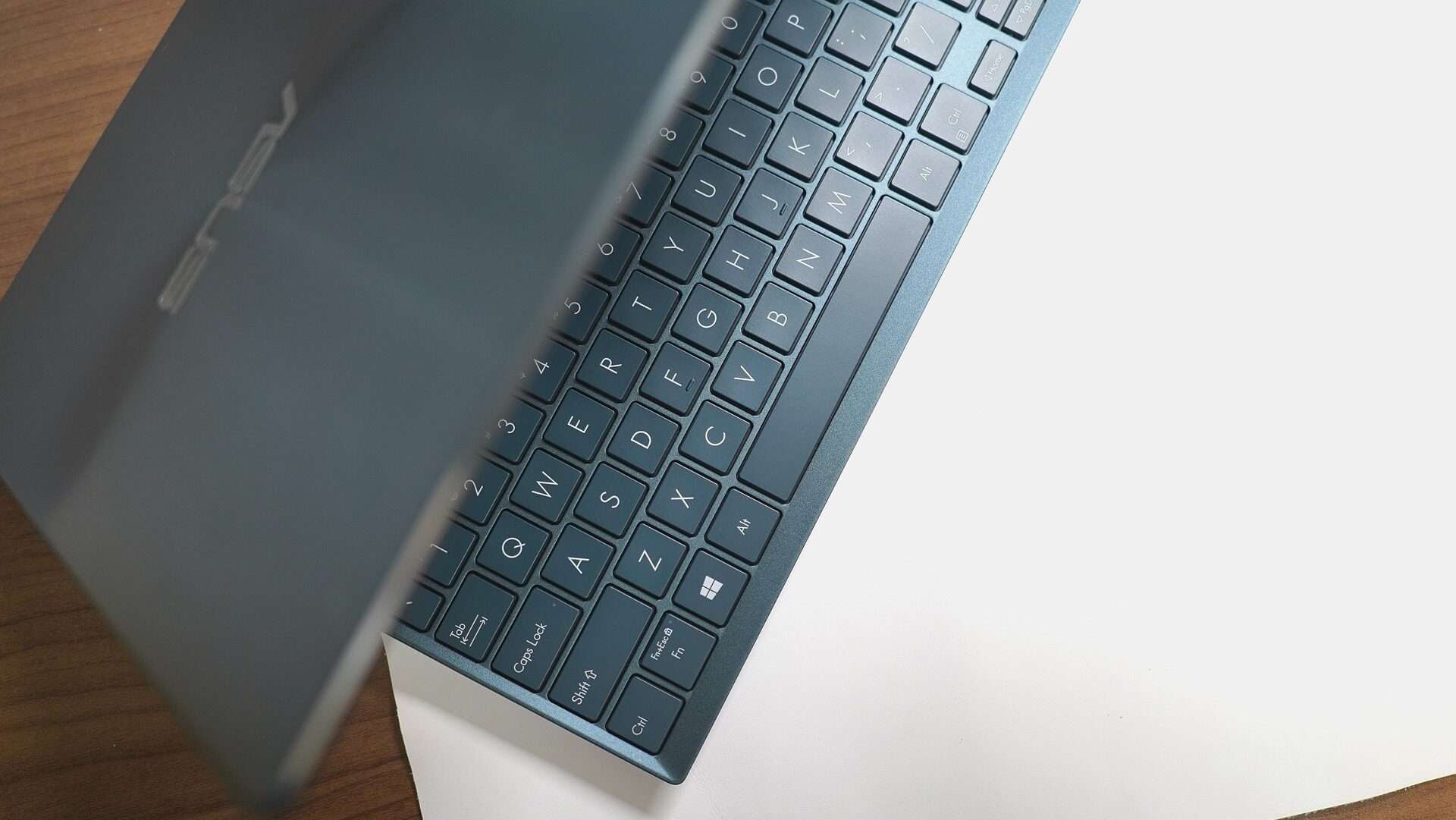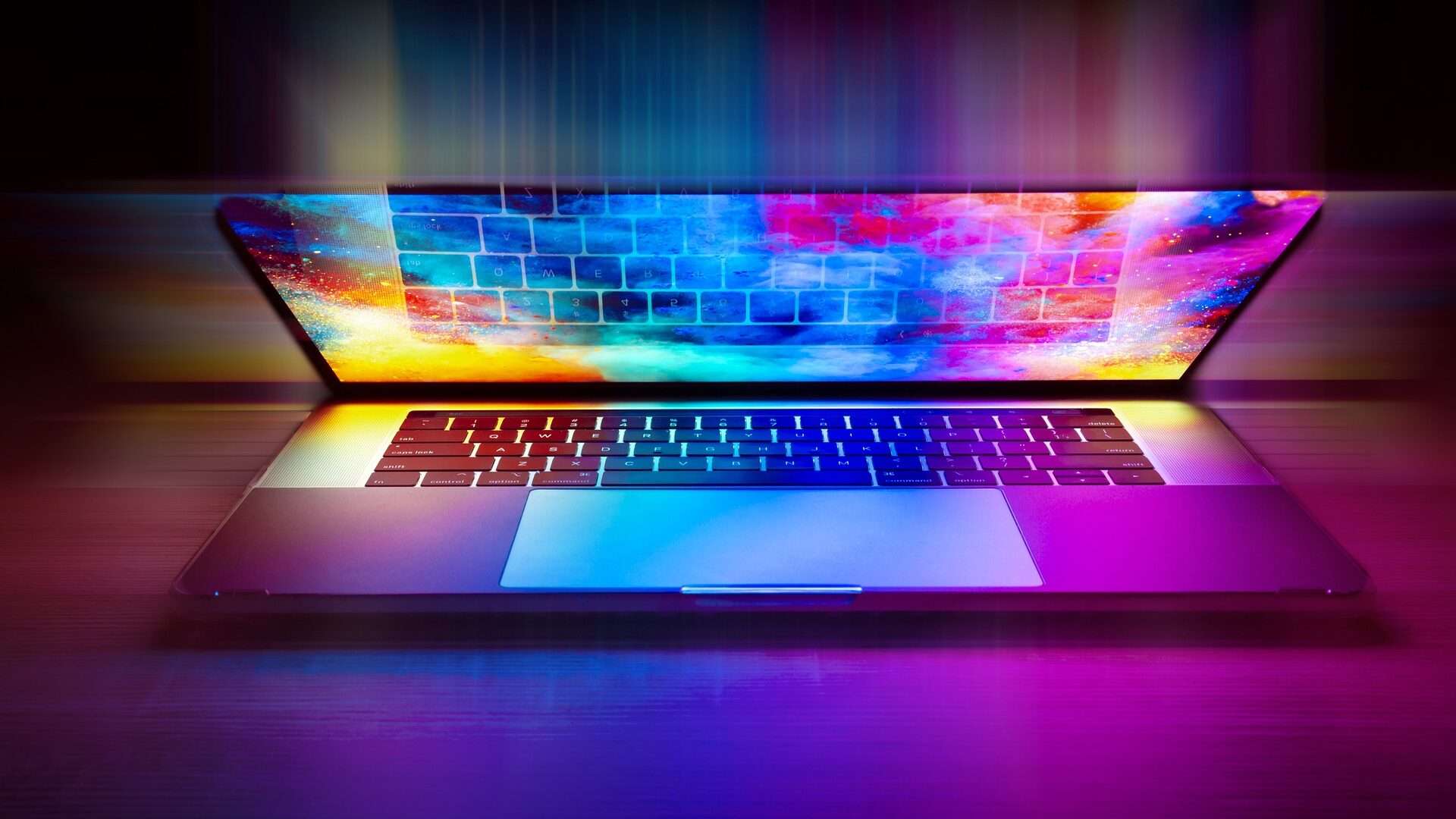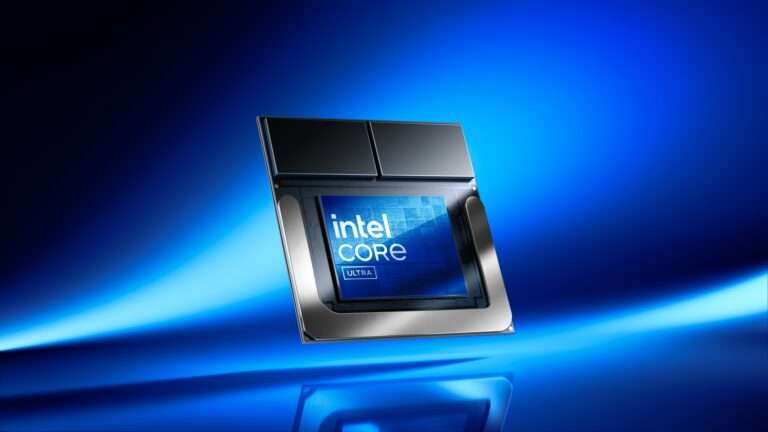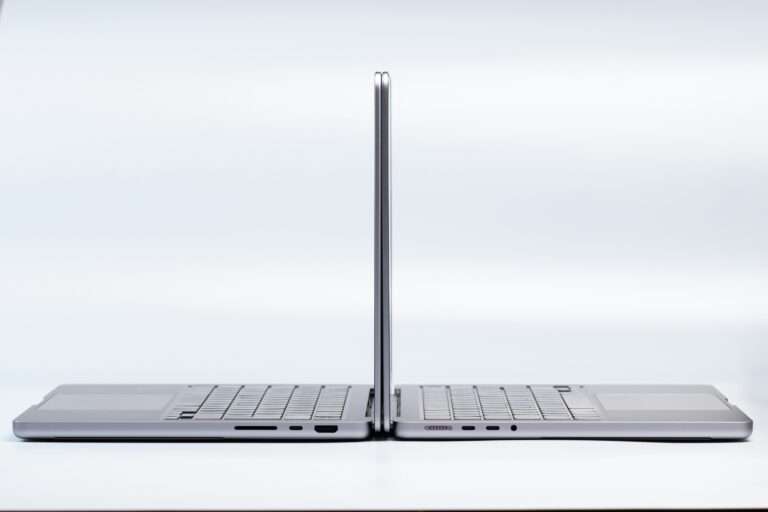It is very easy to get lost in a variety of specifications and features when looking for a computer. Nevertheless, it is important to ask yourself the key question: What do I require my computer for? This crucial question will assist you in narrowing your options to acquire one that meets your needs without spending much on things you do not need.
How do I identify what I need in a laptop?
Is a more powerful laptop always better?
How do I balance features with my budget when buying a laptop?
How can I future-proof my laptop purchase?

Step 1: Identify Your Use Case
The most crucial factor to consider is its intended use. It is important to recognize that different aspects require various degrees of power and features:
- Students use Laptops for taking notes, conducting research, or streaming videos. They might require laptops that are light in weight with long battery life and are capable of handling multiple tasks effectively. A laptop within the middle price range with both performance and portability is the best option.
- A strong GPU should be the priority for gamers when selecting a laptop. This may mean sacrificing battery life and weight in exchange for better performance if you want to play recent games with high settings. Check out laptops with dedicated graphics cards and also a good cooling system.
- Creative professionals need powerful CPUs, large RAM spaces, and high-resolution displays. They use their laptop for video editing, graphic design, 3D modeling, etc. Intensive jobs rely on the number of cores in the CPU and its clock speed as well as on the capabilities of the GPU.
After understanding the requirements for a laptop, focus on specifications that will work best for your work/play.
Step 2: Understanding Performance Beyond the Specs
A common misconception is that a “faster” laptop is always better. However, performance isn’t just about having the latest and greatest CPU or GPU. Several factors influence how well a laptop performs in real-world scenarios:
- CPU (Central Processing Unit): Your laptop’s CPU is its brain. Although it is tempting to obtain the laptop with the highest clock speed or most core count, it is necessary to consider how the CPU will be used. An average central processing unit like an AMD Ryzen 5 or Intel Core 5 can serve general purposes. For intensive tasks such as video editing a more powerful CPU such as Ryzen 7 or Intel Core 7 should be used.
- GPU (Graphics Processing Unit): Gaming and other activities that involve rendering graphics require a good GPU. But a laptop’s performance does not always depend on its GPU model alone. A laptop with RTX 4060 may perform better than another one made up of RTX 4070 depending on whether the first provides better optimization for power supply and cooling systems for instance. You can watch a video on “How to Buy a Laptop” of Linus Tech Tips where it was discussed briefly. In some circumstances, the thermal management systems and power limits may cause a GPU to outperform a stronger one theoretically on account of how effectively it dissipates heat or receives electricity.
- Cooling and Thermal Design: A laptop featuring a top-of-the-range CPU or GPU can underperform simply because there are no sufficient cooling facilities in place during operation timeframes. Overheating could bring about thermal throttling whereby a CPU will slow down in order not to suffer from permanent damage hence making you feel as if your computer is slow. Therefore if you want anything fast rolling then this becomes especially very important, if you are looking into purchasing any high-performance portable computer.
- Price-to-Performance Ratio: It’s not always about choosing the most powerful laptop. Rather think of it in terms of price to the performance ratio.

Step 3: Balancing Features and Budget
Once you’ve identified your needs and understood the importance of real-world performance, it’s time to balance features with your budget. Here’s how:
- Set a Budget: Figure out how much you can afford to part with. This way, you will eliminate those options that are relatively high-priced.
- Prioritize Essential Features: Depending on your specific use case, it is essential to rank the features that matter most. For example; a student may consider battery life and weight as major facts, while a gamer could focus on GPU.
- Consider Future-Proofing: If possible, spend some more money on abilities that will keep your laptop up-to-date for an extended period like better RAM capacity or a somewhat stronger CPU.
- Read Reviews and Benchmarks: Look at reviews before making any conclusive decisions as well as performance benchmarks. This will assist you have a better understanding of how a laptop works in actual life situations thus helping to eliminate those models that look attractive in the marketing materials yet perform poorly once bought.
Conclusion: Choose Wisely
In summary, choosing the right laptop isn’t just about getting the fastest or most powerful model. It’s about finding a device that meets your specific needs and offers the best performance for your budget. By understanding what you need your laptop for and looking beyond just raw specs, you can make a well-informed decision that you’ll be happy with for years to come.



